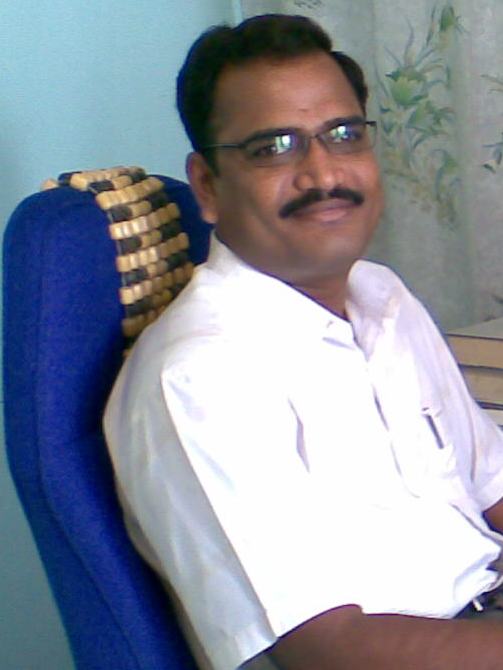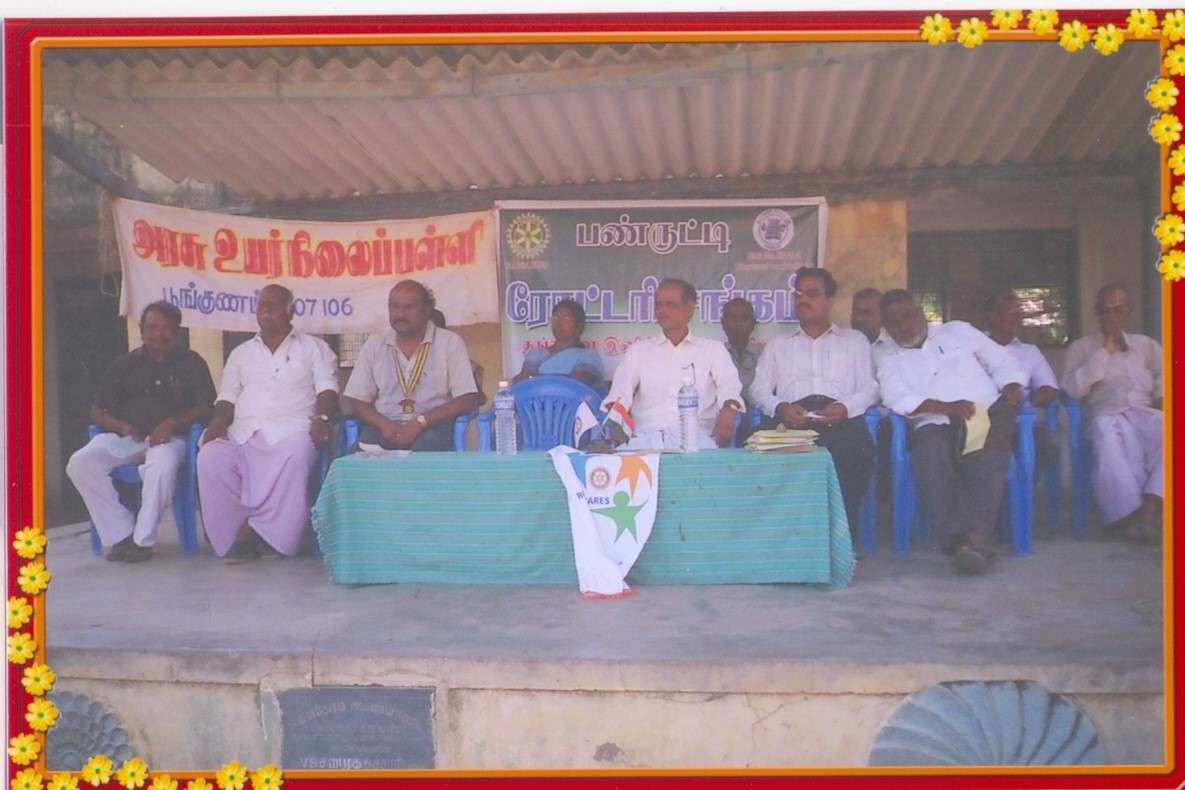- Schizophrenia is a medical illness, with concrete and specific symptoms caused by changes in the functioning of the brain
- It is a disease that strikes young people in their prime
- Schizophrenia is more common than most people think. It affects 1 in 100 people worldwide – that’s about 10 million (yes, 10 million) Indians
- The hallmark of schizophrenia is an absence of insight: the patient does not accept that he/she is ill. As a result, it is usually the family which seeks psychiatric help for the patient
- It is treatable. Early diagnosis and stabilization on medicines greatly improve the chance of recovery
- Schizophrenia is not "split personality"
- It is not caused by childhood trauma or bad parenting
- Most people with schizophrenia are not violent or dangerous
Though many factors are involved in the causation of the illness, the fundamental disturbance appears to be one involving changes in the chemistry of the brain.
 There are billions of nerve cells in the brain. Each nerve cell has branches that transmit and receive messages (signals) from other nerve cells. The branches release chemicals, called neurotransmitters, which carry the messages from one group of nerve cells to another, along specified pathways, called nerve tracts. In the brains of persons with schizophrenia, there is an excess of one such neurotransmitter, dopamine, in certain areas of the brain. Because of this, the brain of a person who has schizophrenia receives too many messages along these nerve tracts. These extra signals compete in some way with signals transmitted through other tracts, and result in the production of psychotic symptoms.
There are billions of nerve cells in the brain. Each nerve cell has branches that transmit and receive messages (signals) from other nerve cells. The branches release chemicals, called neurotransmitters, which carry the messages from one group of nerve cells to another, along specified pathways, called nerve tracts. In the brains of persons with schizophrenia, there is an excess of one such neurotransmitter, dopamine, in certain areas of the brain. Because of this, the brain of a person who has schizophrenia receives too many messages along these nerve tracts. These extra signals compete in some way with signals transmitted through other tracts, and result in the production of psychotic symptoms.The number and severity of the symptoms differ from person to person. At first, changes may be subtle, minor or go unnoticed; yet, families sense – even when symptoms are mild – that the patient’s behaviour is "unusual", that the person is "not the same". Eventually, such changes become obvious to family and friends. A normally outgoing person may become withdrawn, quiet, or moody. Emotions may be inappropriate - the person may laugh in a sad situation, or cry over a joke - or may be unable to show any emotion at all. They appear absorbed in their own thoughts, and seem to lose interest in the feelings and lives of others.
 Delusions. Delusions are false personal beliefs that are not part of the person's culture, and which the patient holds on to even when other people present proof that the beliefs are not true or logical. Persons with schizophrenia can believe that others are deliberately cheating, harassing, poisoning, spying upon, or plotting against them or the people they care about. People with schizophrenia can have delusions that are quite bizarre, such as believing that neighbours can control their behaviour with magnetic waves, people on television are directing special messages to them, or radio stations are broadcasting their thoughts aloud to others. They may think they are all-powerful, capable of anything, and invulnerable to danger. They may also have a strong religious drive, or believe they have a personal mission to right the wrongs of the world.
Delusions. Delusions are false personal beliefs that are not part of the person's culture, and which the patient holds on to even when other people present proof that the beliefs are not true or logical. Persons with schizophrenia can believe that others are deliberately cheating, harassing, poisoning, spying upon, or plotting against them or the people they care about. People with schizophrenia can have delusions that are quite bizarre, such as believing that neighbours can control their behaviour with magnetic waves, people on television are directing special messages to them, or radio stations are broadcasting their thoughts aloud to others. They may think they are all-powerful, capable of anything, and invulnerable to danger. They may also have a strong religious drive, or believe they have a personal mission to right the wrongs of the world.- Diminished ability to initiate and sustain planned activity
- Sleeping excessively or inability to sleep
- Peculiar use of words or odd language structure
- Excessive writing without meaning
- Being reclusive and secretive
- Extreme reactions to criticism
- Unexpected hostility
- Extreme preoccupation with philosophical/spiritual/religious matters
- Talking/smiling/laughing to himself/herself
- Assuming odd postures
- Refusal to touch persons or objects / Extremely sensitive to being touched by others
- Wearing gloves/sunglasses for no apparent reason
People with schizophrenia are not especially prone to violence and often prefer to be left alone. Studies show that if people have no record of criminal violence before they develop schizophrenia and do not abuse psychoactive substances, they are unlikely to commit crimes after they become ill. Most violent crimes are not committed by people with schizophrenia, and most people with schizophrenia do not commit violent crimes. If someone with schizophrenia becomes violent, their violence is most often directed at family members and tends to take place at home.
This is a frustrating - but fairly common - problem. It may be hard to understand why someone with schizophrenia would refuse to take medication when the necessity of doing so is obvious to everyone else. The usual reason is that a person with schizophrenia lacks insight into the illness i.e. he/she does not believe that he/she is ill; so, he/she sees no reason to take medication.
There are many situations in which a person with schizophrenia will need help from his/her family.
- People with schizophrenia often resist treatment, believing that their delusions or hallucinations are real and that psychiatric help is not required. If a crisis occurs, family and friends may need to seek help on behalf of the patient.
- Patients who are not willing for treatment may hide their strange behaviour or ideas from the psychiatrist, so family members and friends are a valuable source of information. If necessary, they should speak privately with the doctor prior to the patient being examined, and provide an account of the patient’s behaviour.
- Ensuring that people with schizophrenia continue to get treatment and take their medication after they leave the hospital is also important. If patients stop taking their medication or stop going for follow-up appointments, their symptoms will return.






.jpg)